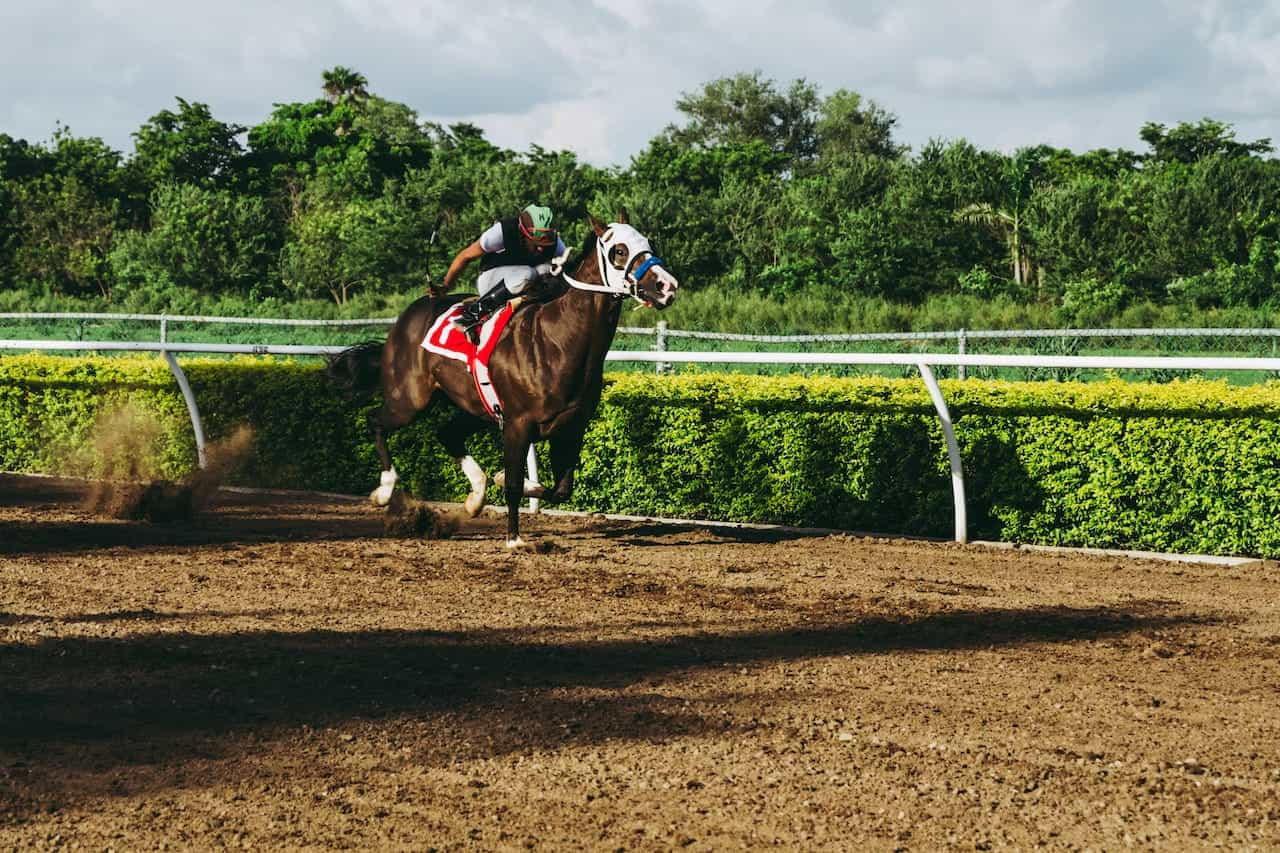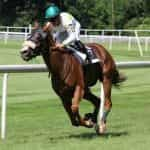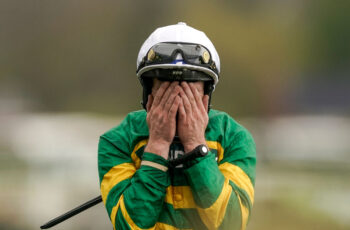Charities Win at Grand National
Good causes across the UK have benefitted from the Grand National Charity Bet campaign. The Betting and Gaming Council has revealed that thousands of pounds have been raised after MPs placed charity bets on the headline race on April 15th. The Grand National was won by Corach Rambler after protestors on the track delayed the start of the race by fifteen minutes.

BGC members helped to raise more than £13,500 for good causes at this year’s Grand National.
©Mídia/Pexels
MPs Bet for a Good Cause
Charities have been declared the big winners after operators agreed to hand over a portion of winnings at last weekend’s Grand National. The Grand National Charity Bet campaign has raised thousands of pounds for good causes up and down the UK. More than forty MPs placed bets on the festival’s headline race.
The UK’s leading betting operators agreed to hand over all winnings made by MPs to their charities of choice. The race was won by 8/1 favorite Corach Rambler, ridden by jockey Derek Fox for Scottish trainer Lucinda Russell. The victory came six years after the pair teamed up to win the same race with One For Arthur.
The winning horse was backed by Labour Shadow DCMS Minister Alex Davies-Jones, SNP MP Pete Wishart, MP Caroline Nokes, MP Philip Davies and Conservative MSP Miles Briggs. Those who also won through each way bets were MP Dr James Davies, MP Dame Caroline Dinenage, MP Mark Pawsey, MP Mark Tami, MP Nigel Evans and MP Alex Stafford.
Each nominated charity is set to receive at least £250 from operators. Amongst the lucky charities are Age UK, Guide Dogs for the Blind and a number of regional food banks. BGC members William Hill, Betfred, Coral, Ladbrokes and Paddy Power pledged to support charities even if the horses backed by MPs didn’t win.
Combined with the winners, these donations have helped to raise a total of more than £13,500 for good causes. Over forty parliamentarians placed bets on the world-famous race this year, a record number for the initiative.
Some MPs chose to place bets in their own constituencies. These included Levelling Up Minister MP Dehenna Davison, former Education Secretary MP Sir Gavin Williamson, Opposition Chief Whip MP Sir Alan Campbell, Shadow Defense Secretary MP John Healey, Minister for Enterprise MP Kevin Hollinrake and COP26 President MP Alok Sharma.
Praise from BGC
The Betting and Gaming Council, which represents the UK’s leading casinos, bookmakers and online operators, was delighted at the result. Speaking on behalf of the industry body, BGC CEO Michael Dugher took the opportunity to thank MPs for participating in the successful campaign. Dugher stated:
“I want to pay tribute to all the thousands of people who work in betting shops to help support hard-pressed high streets and local economies, it was great to see MPs from across the political divide – more MPs than ever before – visiting bookies across the country supporting more good causes than ever before.”
The Grand National is one of the most prestigious horse races in the world. An estimated 600 million people in over 140 countries tune in to watch the race unfold, including 7.5 million in the UK who follow the action live on ITV. More than 150,000 people attend the three-day race meeting, which has been held at Liverpool’s Aintree Racecourse since 1839. Around 13 million people placed bets on the races.
According to the BGC, betting shops are responsible for supporting 42,000 jobs on the UK’s high streets, contributing £800 million a year in tax to the Treasury and a further £60 million in business rates to local councils. A study carried out by ESA Retail found that 89% of bettors combine their visits to bookmakers with trips to other local businesses.
It is understood that around 22.5 million adults in the UK place bets each month. The BGC has cited the Gambling Commission’s latest figures, which show the rate of problem gambling to be at 0.2%. A YouGov survey for GambleAware has disputed that figure, placing it much higher at 2.8%. BGC members contribute £350 million to horseracing through sponsorship, media rights and the betting levy.
Protests Disrupt Grand National
This year’s Grand National hit the headlines for an unusual reason this year, after animal rights activists caused widespread disruption before the headline race. Protesters scaled fences around the perimeter of the racecourse, making it onto the track. Around 300 activists made their cause known, with some attaching themselves to the fences using glue and locks.
The activists were eventually removed by police and security, with a total of 118 people arrested. According to campaign group Animal Rising, which was behind the protest, more than 40 of those people have been de-arrested. 70,000 spectators and millions of TV viewers watched the disturbance.
The protest came moments before the death of Hill Sixteen, a ten-year-old gelding. The horse was the third to die at the three-day meeting, after falling at the first fence. Other casualties were Dark Raven and Envoye Special. Animal rights groups have long called for action to be taken to prevent such deaths, including a ban on jump racing.
The protests aimed to spark a national conversation about animal rights and the harms that befall some horses that compete at high-level races. The Grand National is considered one of the most dangerous horse races due to the size of its fences. Nearly 40,000 signatures have been collected for Animal Rising’s petition, which called for the world-famous steeplechase to be banned.
Trainer of Hill Sixteen, Sandy Thomson, later blamed the animal rights protesters for the death of his horse. Speaking on BBC Radio 4’s Today program, he said that the ‘ignorant’ activists had no idea about the welfare of horses and that the delays and disruption unsettled the animals.
The British Horseracing Authority has condemned the protests, stating that it would analyze the races to understand what caused the three fatalities. BHA Chief Executive Julie Harrington said that while a direct parallel between the interruption and the fate of Hill Sixteen could not be drawn, disturbing horses while they are running is a dangerous thing to do.



